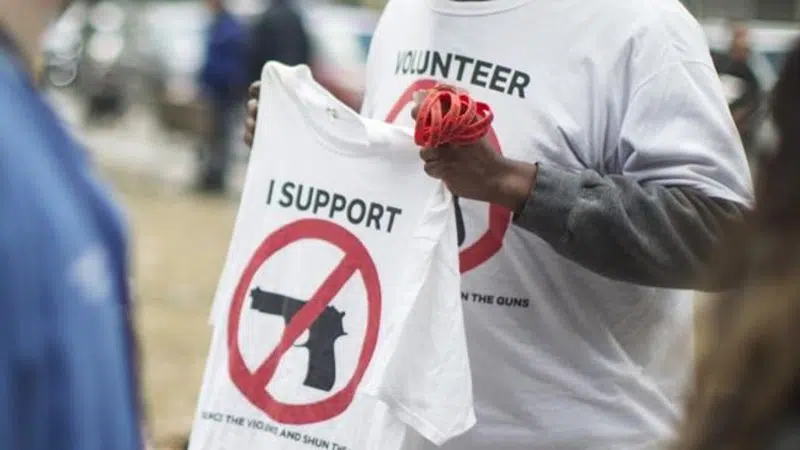
Canadians divided on banning handguns, assault-style firearms: consultation
OTTAWA — Canadians have wildly diverging views on banning handguns and assault-style firearms, says a newly released summary of federal consultations.
Prime Minister Justin Trudeau asked Crime Reduction Minister Bill Blair to study the possibility of such a ban shortly after a shooting spree in Toronto last July.
The federal report released Thursday says opinions expressed during in-person discussions and through written submissions both opposed and supported outlawing handguns and assault-style firearms. In contrast, most people who responded to a questionnaire were against a ban.
